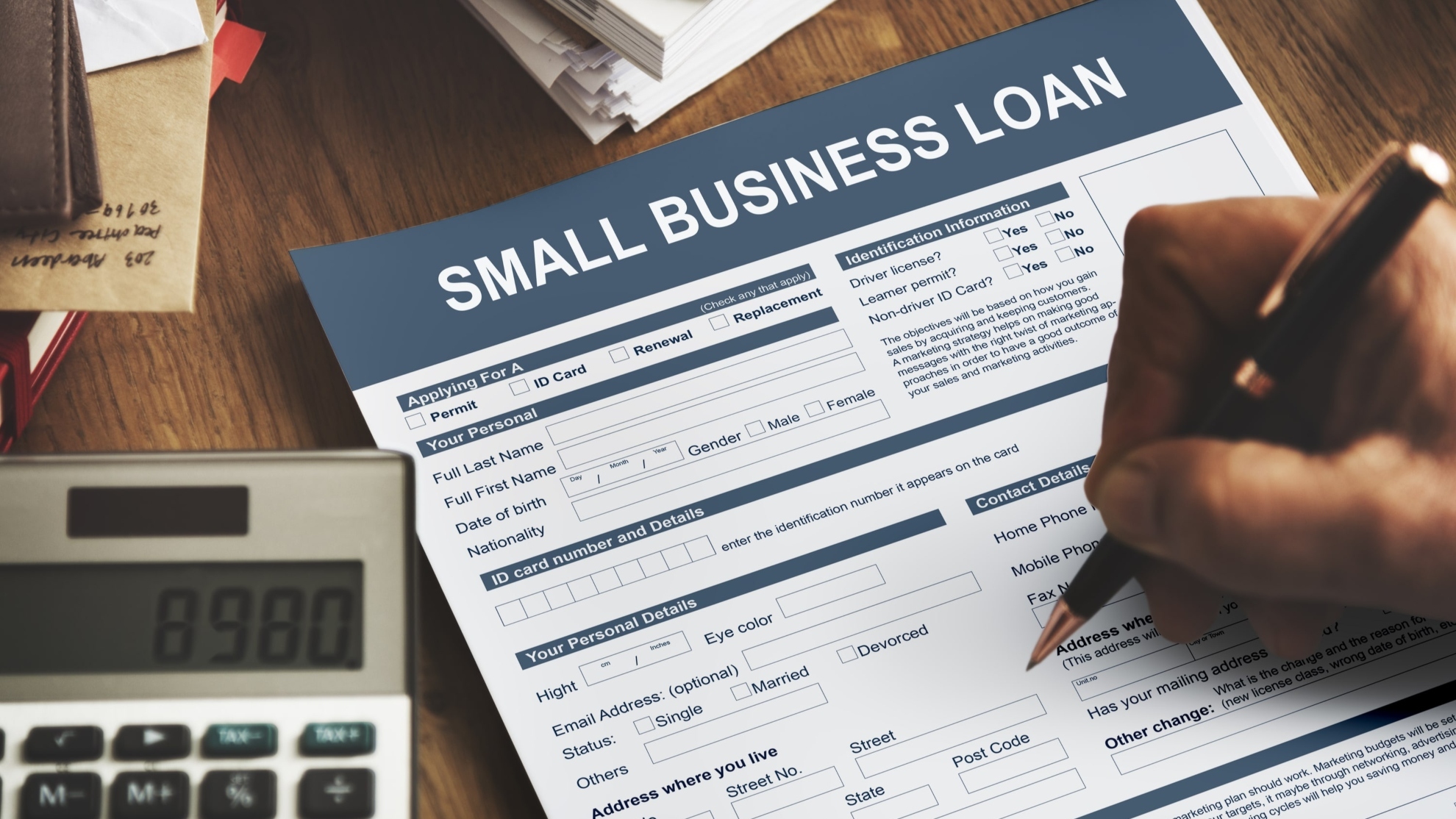
How to Get a Car Loan: A Step-by-Step Guide
How to Get a Car Loan: You’re ready to start the exciting process of buying a new car. But before you head to the dealership and fall in love with that shiny new ride, you need to figure out how you’re going to pay for it. Getting pre-approved for a car loan is an essential first step to make things go smoothly and get the best possible deal.
This step-by-step guide will walk you through everything you need to know to get the financing lined up. We’ll cover how your credit, income, debt, and down payment amount determine the loan terms you qualify for. You’ll learn the pros and cons of financing from the dealership vs going in with financing already secured from your bank or credit union. And most importantly, you’ll have all the information you need to confidently apply and negotiate for an auto loan with rates and terms that fit your budget – so you can focus on picking out the perfect new car.

What is Car Loan?
A car loan is a type of loan used to purchase a vehicle. When you take out a car loan, the lender will provide you the amount needed to purchase a car, and you will pay the lender back over time with interest.
Car loans are secured loans, meaning the vehicle you purchase acts as collateral for the loan. If you default on the loan, the lender can repossess your vehicle. Because of this, car loans typically have lower interest rates than unsecured loans like personal loans or credit cards.
The most common types of car loans are:
- New car loans – For purchasing a brand new vehicle. Typically 3-6 years in length.
- Used car loans – For purchasing a pre-owned vehicle. Typically 2-5 years in length.
- Private party loans – For purchasing a vehicle from a private seller rather than a dealership.
To get a car loan, you will go through an application process where the lender evaluates your credit and financial situation to determine:
- If you qualify for a loan
- How much you can borrow (loan amount)
- Interest rate you will pay
- Loan term (length of time to pay off the loan)
The better your credit score and financial profile, the lower your interest rate and the higher your loan amount will likely be. It’s a good idea to check your credit score and report for any errors before applying for a car loan. You should also evaluate how much you can afford to pay each month for a car loan payment.
Once approved, you will sign final paperwork, provide a down payment (if required), and drive off with your new vehicle! Be sure to make all payments on time each month to avoid late fees and damage to your credit.
How to Get a Car Loan: A Step-by-Step Guide
The process of getting a car loan may seem complicated, but by following these steps, you’ll be driving off the lot in your new wheels in no time.
1. Check your credit score and credit report
Your credit score and report will determine if you qualify for a car loan and how much interest you’ll pay. Request your free annual credit reports and check for any errors. Work to improve your score before applying for a loan. Lenders prefer scores of 660 or higher.
2. Calculate how much you can afford
Before you start shopping, determine a budget and see how much you can afford in monthly payments. A good rule of thumb is that your car payment should be no more than 20% of your take-home pay. Factor in costs like insurance, gas, and maintenance as well.
3. Research your options
Explore different lenders like banks, credit unions, and online lenders to compare their interest rates and loan terms. See if you qualify for any special financing from the dealership or vehicle manufacturer. Check the rates on secured loans versus unsecured personal loans as well. The lower the APR or annual percentage rate, the less interest you’ll pay over the life of the loan.
4. Apply for preapproval
Apply for preapproval from some of the lenders you’re interested in to lock in an interest rate and ensure you qualify for a loan. With preapproval, you can shop as a “cash buyer” and negotiate the best deal on your vehicle. The dealer may be able to beat your preapproved rate, so bring the offer with you.
5. Shop for your new wheels
Now the fun part – visit some local dealerships and test drive different vehicles that fit your budget. Once you decide on “the one”, negotiate the best overall price you can with the dealer.
6. Finalize the paperwork
Work with the lender that offered you the most favorable loan terms to sign the final paperwork, including a bill of sale, the title documents, and your loan or lease agreement. Make sure all the details like the APR, loan length, and monthly payment match what you agreed to.
Congratulations, you now have the keys to your new car! By following these steps, you were able to get an affordable loan that fits your needs and budget. Now all that’s left to do is enjoy the open road.
READ ALSO: Best Small Business Loans For Veterans
FAQs
What credit score do I need to qualify for a car loan?
Most lenders require a credit score of at least 650 to qualify for a loan with a reasonable interest rate. The higher your score, the better. Around 720 or more will qualify you for the best rates. If your score is below 650, you may still get approved but with a higher interest rate or the need for a larger down payment.
How much of a down payment do I need?
The typical down payment on a new car loan is 20% of the vehicle’s purchase price. So for a $30,000 car, aim for at least $6,000 down. The more you can put down, the lower your loan amount and monthly payment will be. Some lenders may allow down payments as low as 5% for borrowers with excellent credit. If your credit isn’t the best, expect to put at least 10% down.
Should I buy new or used?
This depends on your needs and budget. New cars typically come with manufacturer warranties, the latest features and lower interest rates. However, used cars are more affordable, hold their value well and still have plenty of life left. For most shoppers, a 2- to 3-year-old used vehicle with less than 50,000 miles is a good compromise. You’ll save money versus new but still get a reliable ride.
Where should I apply for a loan?
Start with your own bank or credit union. Since they already have your financial information on file, the application process is usually easier. Local banks and credit unions also typically offer competitive rates. You can also apply with large national banks and online lenders which offer a convenient application process. Compare multiple offers to find the right lender for your needs.
What documents will I need to provide?
To apply for a car loan, you will need to provide certain documents as proof of your identity and income. These usually include:
- A valid government-issued photo ID (driver’s license, passport, etc.)
- Proof of income (recent pay stubs, tax returns, bank statements, etc.)
- Proof of residence (utility bills, rental agreement, etc.)
- Information on the vehicle you want to finance (make, model, VIN, mileage, etc.)
The lender will review these documents to verify your information and determine if you qualify for a loan. Be prepared to provide additional details or paperwork upon request.




